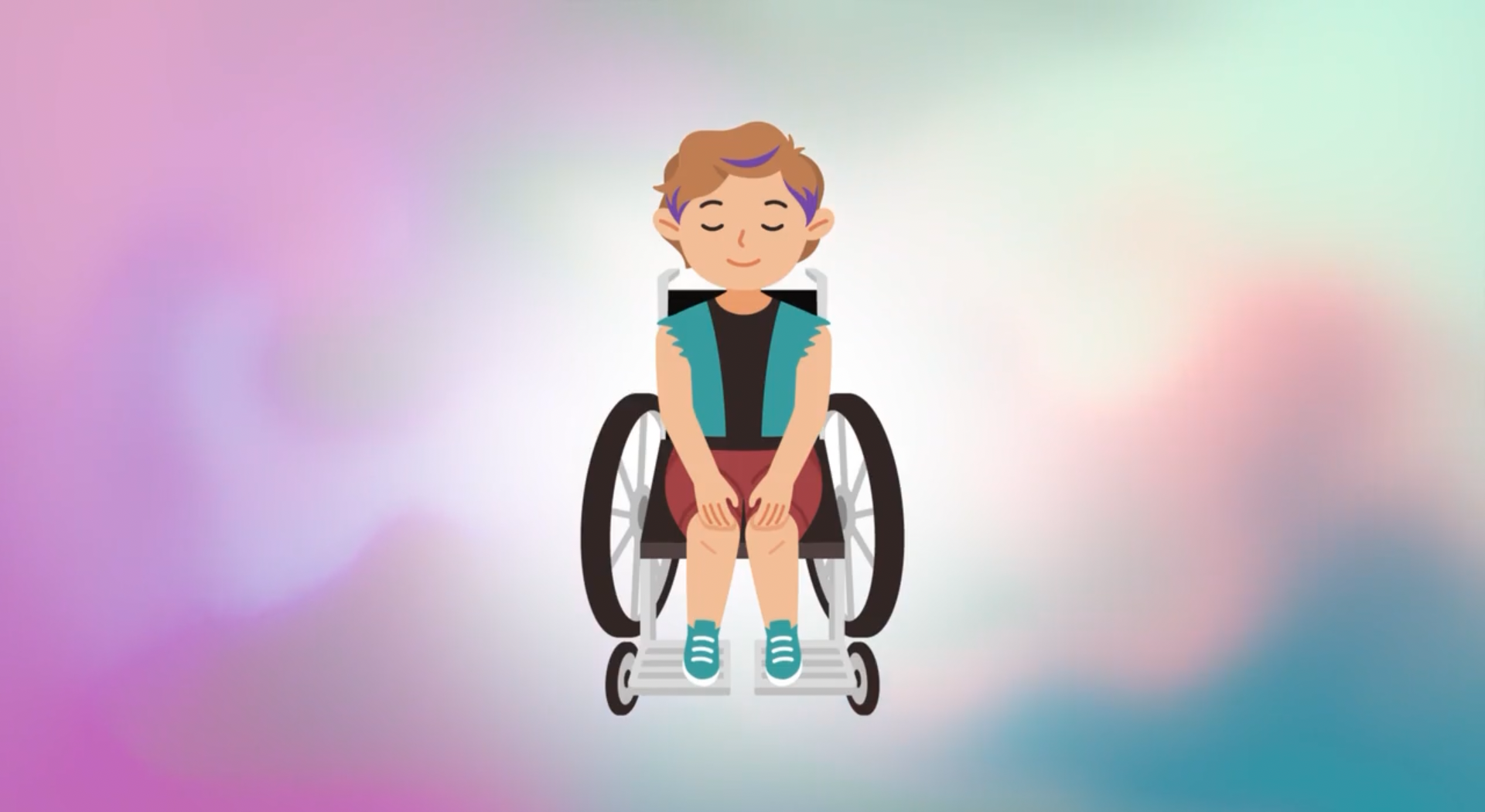Students in special education may sometimes experience heightened emotions or sensory sensitivities. It is essential for educators to provide them with tools and techniques to help them self-regulate and find calm in their environment. One effective approach to achieving this is by guiding students through a sensory awareness activity that encourages them to focus on their senses. This blog post will explore a no-prep activity, discussion questions, and related skills to help students practice calming techniques using their senses.
Introduction
Many students in special education benefit from activities that help them develop self-regulation skills and find calm amidst sensory stimuli. By focusing on their senses, students can learn to pay attention to their surroundings and redirect their thoughts away from stressors. This not only helps them feel more relaxed but also enhances their overall well-being.
No-Prep Activity: Sensory Scavenger Hunt
This no-prep activity is called the Sensory Scavenger Hunt. The goal of this activity is to help students become more aware of their senses and learn to use them as a means to find calm and relaxation.
- Ask the students to sit comfortably and take a few deep breaths.
- Guide them through each of their senses, one at a time, encouraging them to focus on what they perceive through that sense. For example, start with hearing and ask them to listen carefully to the sounds around them.
- Next, have them focus on touch. They can feel the texture of their clothes, the chair they are sitting on, or any nearby objects.
- Proceed with the sense of smell. Encourage students to take in the different scents in their environment.
- Finally, have them open their eyes and focus on their sense of sight. Ask them to observe their surroundings and find something they haven’t noticed before.
After completing the Sensory Scavenger Hunt, students should feel more relaxed and in tune with their environment. This activity can be repeated as needed throughout the day to help maintain a sense of calm.
Discussion Questions
Here are some discussion questions to further stimulate conversation and reflection on the Sensory Scavenger Hunt activity:
- Which sense did you find most calming or enjoyable to focus on? Why?
- How did paying attention to your senses help you feel more relaxed?
- What new things did you notice in your environment when you focused on your senses?
- Which sense was the most challenging to focus on? Why?
- How can you use this activity to help you find calm in other situations?
Related Skills
Developing sensory awareness is just one aspect of self-regulation and social-emotional learning. Other related skills that can benefit students in special education include:
- Mindfulness: Practicing mindfulness can help students become more aware of their thoughts and feelings, allowing them to respond more effectively to their emotions.
- Deep breathing: Teaching students deep breathing techniques can help them manage stress and anxiety by regulating their heart rate and promoting relaxation.
- Progressive muscle relaxation: This technique involves tensing and relaxing different muscle groups to release tension and promote a sense of calm throughout the body.
Next Steps
To further support your students in developing self-regulation skills and finding calm through sensory awareness, sign up for free samples of these and other related activities at Everyday Speech. These resources provide a wealth of activities and strategies to help your students thrive in their social-emotional learning journey.






